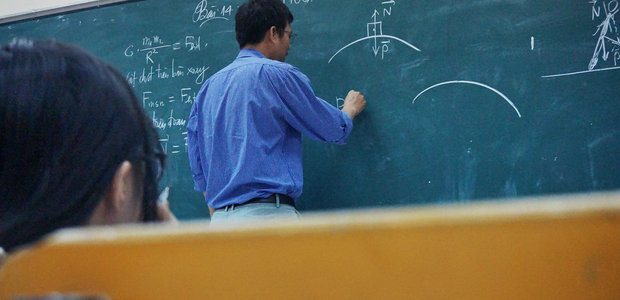
 WIDER Seminar Series
WIDER Seminar Series
Julien Wolfersberger presents at the WIDER Seminar Series on 12 June 2024.
Migration is often perceived as a key tool to adapt to climate change. However, in developing countries, many households face liquidity constraints that prevent them from migrating when climate shocks occur. This generates a spatial misallocation of labor that impedes economic development. The goal of this paper is to quantify the cost of these misallocations. To do this, we focus on Sub-Saharan Africa, a region heavily concerned by the impacts of global warming and that displays large fertility rates. Using reduced-form estimations, we start by documenting that droughts cause out-migration in African districts except in the poorest ones, where we find no effect. We build a quantitative spatial model of migration and trade combined with satellite and census data to analyze the aggregate implications of this result. We find that by 2050, 30 million potential migrants will be blocked by climate shocks, representing a strong welfare loss for the African economy. Our results further highlight important heterogeneity in the impacts of climate change across and within countries of the region.
Julien Wolfersberger is an associate professor (Maitre de conférences) in Economics at AgroParisTech and Université Paris-Saclay. He is also a member of Paris-Saclay Applied Economics (UMR AgroParisTech-INRAE) and associate researcher at the Climate Economics Chair of Paris-Dauphine.
The WIDER Seminar Series showcases the latest research on key topics in development economics. It provides a forum for senior and early-career researchers, both in-house and external, to present recent and ongoing work related to UNU-WIDER’s current work programme.
In addition to providing a forum for both academic debate and training, the series presents an opportunity for policymakers and others interested in development to learn about the latest research methods and findings.
The WIDER Seminar Series events take place on Wednesdays. All those interested are invited to register and attend via Zoom or in person.